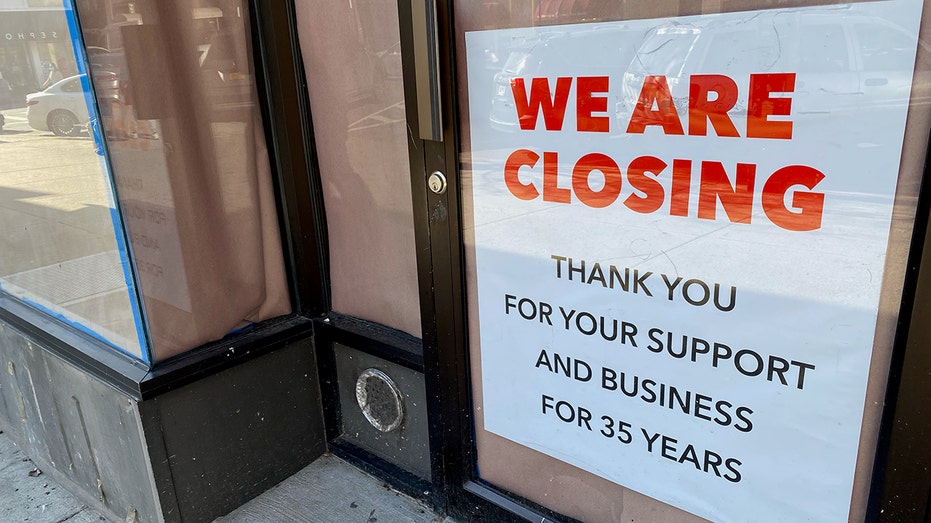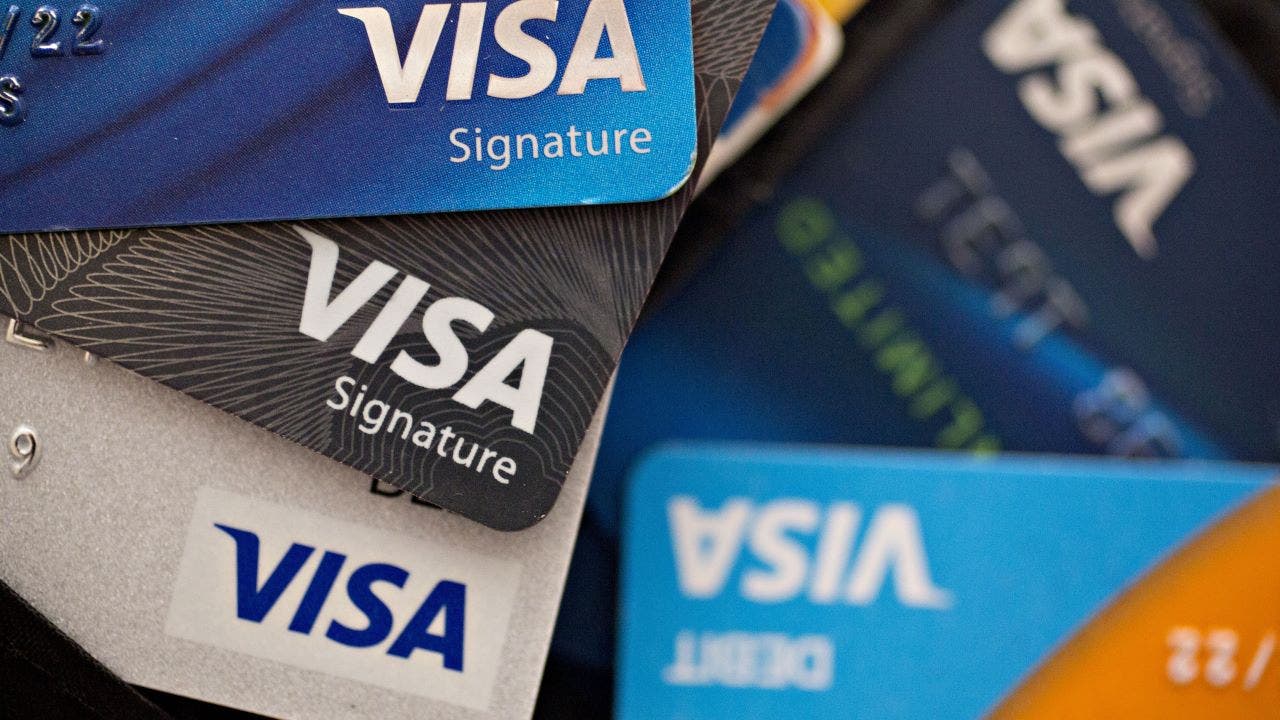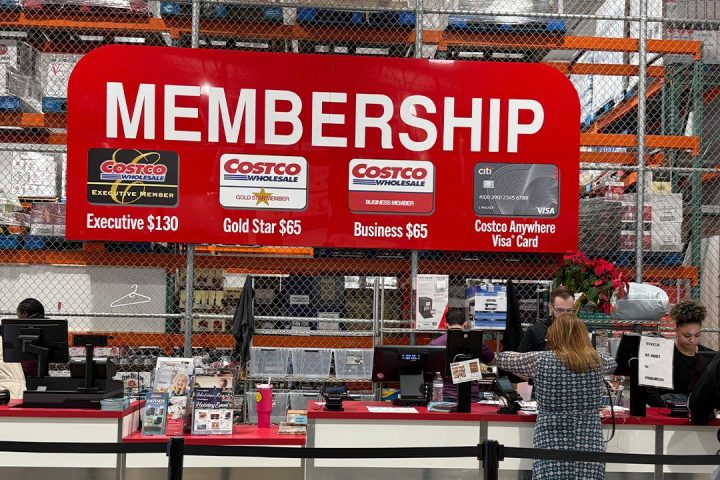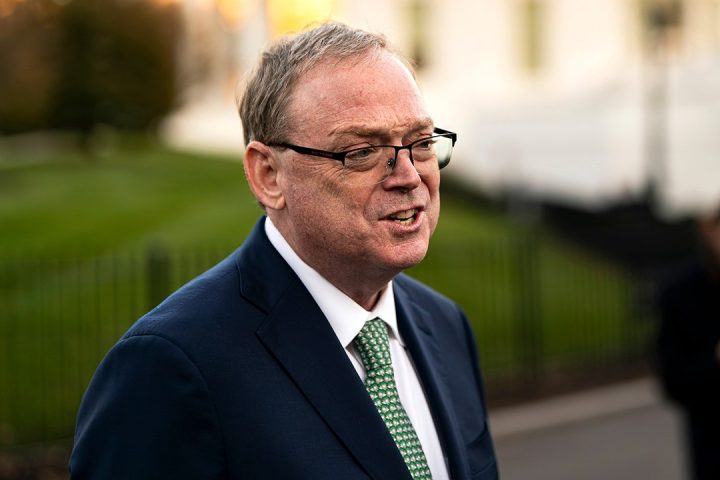Small businesses are increasingly turning to credit cards as a key source of funding as they continue to grapple with still-high inflation and rising borrowing costs.
New findings published by Bank of America show that small businesses are reacting to inflationary pressures within the economy by relying more on credit cards to finance their operations. Since 2019, small business credit card balances are up 18%, according to aggregated and anonymized data.
“While rising credit card balances could raise some concerns, we note a few reasons to be less pessimistic,” the Bank of America analysts said.
JAMIE DIMON WARNS INFLATION, INTEREST RATES MAY REMAIN ELEVATED
For instance, inflation as measured by the consumer price index jumped 22% since 2019 — meaning the inflation-adjusted credit card balance is comparable to, or even lower, than 2019 levels. On top of that, small business credit card spending has actually decreased since 2023, suggesting that owners are taking steps to manage spending or reallocate cash flow.
“Finally, the ratio of total bank loans, including credit card loans, and net worth for nonfinancial, noncorporate businesses — most of which are small — remains at historically low levels,” the note said. “In our view, the overall balance sheet conditions are therefore relatively healthy for small businesses.”
The Bank of America data comes after the National Federation of Independent Businesses (NFIB), a Tennessee-based association of small business owners, reported that its Small Business Optimism Index plummeted in March to the lowest level in 11 years amid rising concerns about inflation.
SMALL BUSINESS OPTIMISM HITS LOWEST LEVEL SINCE 2012: NFIB
One-quarter of owners identified inflation as the single most important problem in operating their business due to labor costs and higher input, up 2 percentage points from the previous month.

“Small business optimism has reached the lowest level since 2012 as owners continue to manage numerous economic headwinds,” said Bill Dunkelberg, NFIB chief economist. “Inflation has once again been reported as the top business problem on Main Street and the labor market has only eased slightly.”
While inflation has fallen considerably from a peak of 9.1%, progress has largely flatlined since the summer. The latest government data shows the consumer price index jumped 3.5% in March, the highest level in six months.
As a result, about 28% of small business owners reported raising prices in order to offset the sting of high inflation — a 7-point jump from February. Just 13% reported lower average selling prices.
Read the full article here







